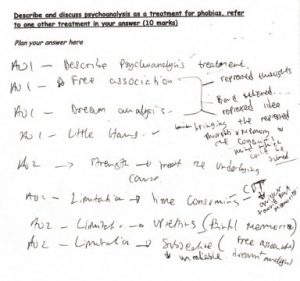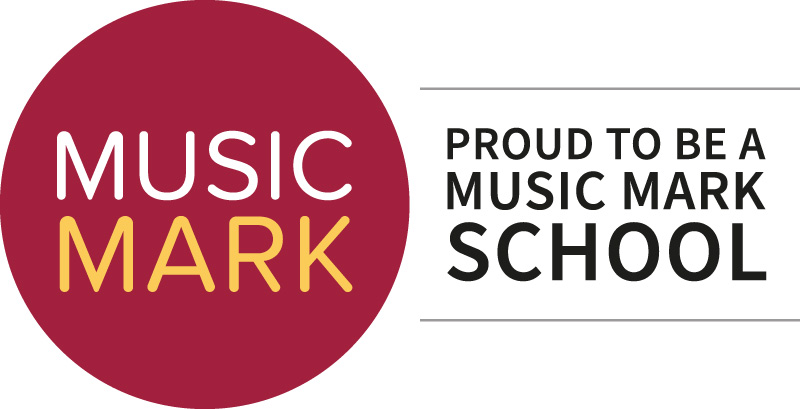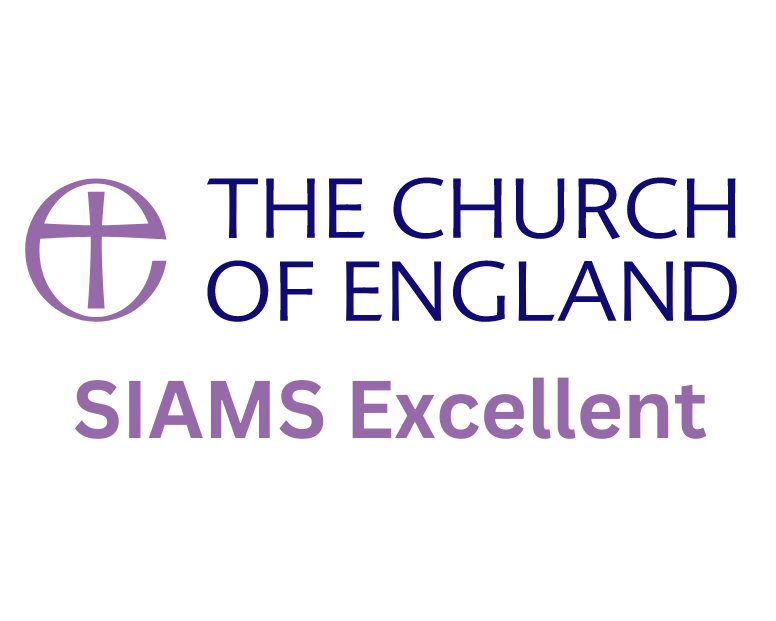
6 easy steps to writing a better A-Level (or AAQ) essay
“Knowledge is power” – Sir Francis Bacon
“To be conscious that you are ignorant is a great step to knowledge” – Benjamin Disraeli
You may have been studying a unit in lessons which your teacher then asks you to answer an essay question on. Your teacher will be able to judge your understanding based on your response.
You’ve just spent several lessons studying the topic and you probably had time to discuss the question in lesson time. It’s all fresh in your mind. Grab your pen and start writing!
STOP!
To plan effectively and write successfully, you need to be confident of your subject material. Read your notes and texts that you’ve been given before you start writing your essay.
- Does it all make sense?
- Are there any gaps in your knowledge which you need to research?
- Do you have all the case-studies you will need?
- Can you sum up the main points you will include in your essay?
Make some brief notes to help you answer the set question. Remember to make a note of where you found your information…so you can find it again!
You’ll refer back to your notes when you are writing your essay to check for details or use a quote, but you shouldn’t be finding out new things when you are in the middle of writing your essay. If you do that, you’ll end up wasting time and re-writing.
TOP TIP: Save time and stress by preparing properly. Knowledge is power!
“In preparing for battle I have always found that plans are useless, but planning is indispensable”
Dwight D. Eisenhower“Without leaps of imagination, or dreaming, we lose the excitement of possibilities. Dreaming, after all, is a form of planning”
Gloria Steinem
Planning is essential if you want to write effectively.
“But, in the exam I won’t be able to plan. Shouldn’t I just write my essays straight off?” (St Edward’s Academy Sixth Former)
NO! You are still working out what you think, ideas are popping up as you write – grammar and style are nowhere to be found when you just sit down and write. If you always write in this chaotic manner, you will never know what it feels like to write a good quality and well-argued essay.
Learning how to plan effectively teaches you how to write effectively:
- It gives you a chance to concentrate on style and grammar when writing
- It also gives you a chance to formulate ideas, find Steinem’s ‘leaps of imagination’ and possibilities
- It lets you sift your ideas and decide on your arguments
General Eisenhower may have had to abandon set battle plans, but the process of planning meant he had a range of ideas and strategies to employ.
Your teacher may have given you an outline or plan of what to include. Be careful you don’t let this turn into just a short ‘shopping list’ of what to include – you are not doing much thinking for yourself and may end up with a rather ‘thin’ essay. Add details to this to give your plan greater depth.
Below is an example of a brief essay plan which we then added to:

Spider diagrams? Flow charts? Bullet points? Paragraph by paragraph? You may need to try out different versions before you find a way of planning you like. Some people like to have everything worked out by the time they start writing, a few can plan more briefly (but these people are the exception, not the rule).
TOP TIP: Keep the essay question in front of you all the time. Keep checking back to it to make sure you are answering the question.
“Sometimes the questions are complicated and the answers are simple”
Dr. Seuss“It is wise to direct your anger towards problems – not people; to focus your energies on answers – not excuses”
William Arthur Ward
Make all of your essay count – you don’t get credit for interesting but entirely irrelevant points. If your point is relevant, but you don’t show how it relates to the essay question, you will get much less credit than you might have done.
Write the question out when you are writing your essay plan – having the question there in front of you helps you to stay focused. Check each point in your plan does address the question. Is it a closed question with clear boundaries (e.g. a set time period?) or is it an open question requiring a broad discussion of a range of points?
When writing the essay, make sure you not only write the question at the start but also keep checking it and relating back to it throughout the essay. At the end of each paragraph you write in your essay, make sure you have related the point back to the question. Use phrases from the question to make it clear (you probably did this at GCSE and it’s still a valid technique).
TOP TIP: If you can’t work out how a point answers the question… maybe it’s not relevant and you don’t need to include it.
“The beginning is the most important part of the work”
Plato“Writing a non-fiction story is like cracking a safe. It seems impossible at the beginning, but once you’re in, you’re in”
Rich Cohen
This is about more than the introduction to your essay – this is about how you begin each paragraph to gain maximum effect.
If you’ve planned your essay carefully, you’ll know what your main points are. These points should be made clearly at the start of the paragraph in which you’ll be exploring and developing this particular idea. Try reading out each opening sentence to a friend or relative who is not an expert – do they understand what you’ve written?
Beginning each paragraph with a clear, simple sentence which tells the reader what you are writing about has the added advantage that if you wander off the point a little, you’ve still related your paragraph to the essay question and so will get some credit. If you then relate the point back to the question (see step 3), you’ve started and finished with an impact.
Academics call this ‘foregrounding’. You can try developing this idea further by making the first word of each sentence a key word. For example, “Revolution was crucial to….” This is known as ‘nominalisation’.
TOP TIP: Read aloud your opening sentence, even if you haven’t got an audience – you should be able to ‘hear’ if your sentence works.
“Grammar is a piano I play by ear. All I know about grammar is its power”
Joan Didion“Grammar, which knows how to control even kings”
Molière
Do use formal language and check your spelling, punctuation and grammar.
Do use subject-specific language and terms. Show you understand them by using them appropriately.
Do use detailed examples and case studies to back up your points. Your teacher will have advised you on how many to use for different types of essay. Show you are confident about the details and significance or relevance of each case study/example. Remember to say how it answers the question.
Do show you are aware of the key theories/schools of thought. Explain how they relate to the question.
Do remember to write in paragraphs. Each paragraph should develop one key point. If your paragraph deals with more than one key point, you’ve probably got two paragraphs mixed together. Try to unpick them.
TOP TIP: If you’re not happy with a paragraph, read it out loud. Check for foregrounding, PEE etc. Still unhappy? Leave it and go on to the next point. You can work on it later.
“The aim of argument, or of discussion, should not be victory, but progress”
Joseph Joubert“I think that in the discussion of natural problems we ought to begin not with the Scriptures, but with experiments, and demonstrations”
Galileo Galilei“Let us hold our discussion together in our own persons, making trial of the truth and of ourselves”
Protagoras
Use the structure of your essay effectively to answer the question. Your essay plan should guide you as to what point to include when. Be logical in how you develop the points.
A well-planned essay is easy to understand and read. The arguments well explained. Your teachers will have particular approaches to the introduction – you may be asked to analyse the question or discuss a hypothesis. Follow their advice closely and don’t waffle too much.
Using a point/counterpoint structure is very effective for many subjects and gives you the opportunity to show how much you understand of the different sides of a debate. At transition points when you are moving from one section of the essay to the next, you may include a mini-conclusion to summarise the discussion so far. Relate the main points you have developed so far back to the question. Do form a final judgement in which you address the question directly and show you have a firm grasp of the main arguments.
TOP TIP: Staying focused on the question makes your argument more effective.







